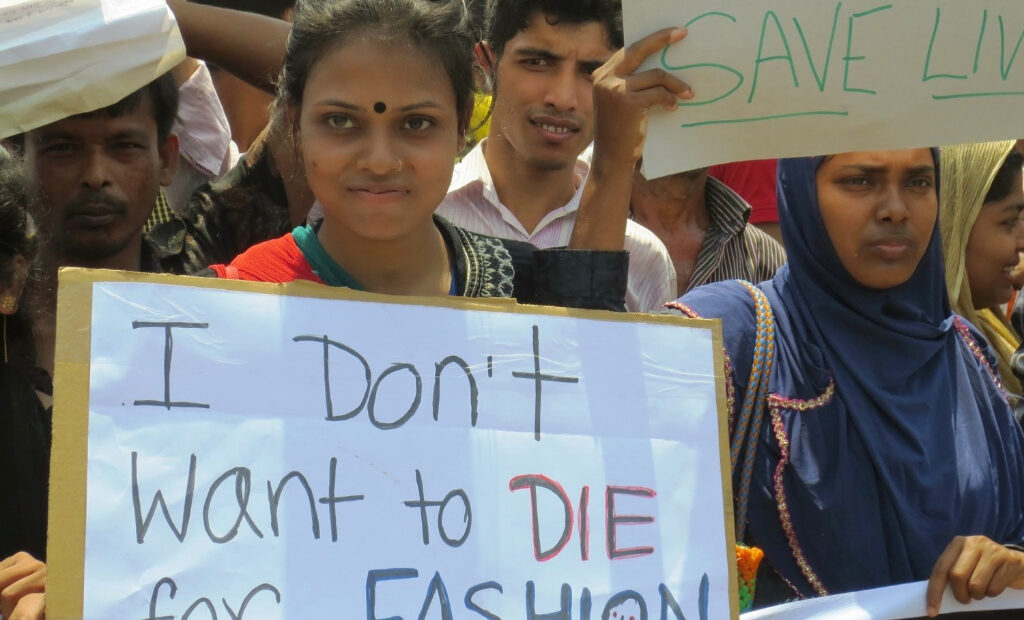Rana Plaza factory collapse safety accord set to expire

On 24th April 2013 the Rana Plaza clothing factory in Bangladesh collapsed, killing more than 1,100 people. It was the deadliest garment industry accident in the world. The following month, the Accord on Fire and Building Safety was issued. The Accord had been some time in the making and set out to function as a legally binding agreement between brands and trade unions to ensure safe working environments. In the past eight years many high street brands, such as H&M and New Look, signed the Accord and over 1,600 factories were inspected, resolving more than 120,000 safety deficiencies. Now, the Accord is set to expire.
In many ways the Accord is unique, protecting worker pay during factory closure and affecting real change by being able to hold brands, retailers and factories accountable. Global unions and international fashion brands have been working on a new binding safety agreement. Without it, garment workers would again be subject to self-monitoring policies which have proven to be ineffective. The Accord was due to expire on 31st May of this year but a three-month extension was agreed last minute.
Problems started to arise in 2019, when the Bangladeshi courts ruled the Accord should transition its Bangladesh-based operations to a new organisation – the Ready-Made-Garment Sustainability Council (RSC). Though it would not replace the Accord, it would take over inspection tasks. However, with no means of holding brands accountable in the way the Accord does, labour unions and human rights organisations fear workers will be back to square one.
Christie Miedema, a spokesperson for the Clean Clothes campaign, explained to The Diplomat that of the 18 directors of the RSC, 12 represent companies with financial stakes in the garment industry. The remaining six worker’s representatives can therefore be outvoted by corporate interest.
Negotiations for brands to sign onto a renewed version of the Accord have been severely impacted by the COVID-19 pandemic while also introducing a new risk to workers.
Not only has the Accord improved safety conditions for garment workers, it has made the supply chain more transparent and given workers a voice by including unions in the governance process. In order for this work to continue, large brands will need to once again back up their claims by signing on to the renewed Accord, with brands like ASOS leading the charge.
If you want to help support Bangladeshi garment workers, call on your favourite brands to support the Accord extension by emailing them or tagging them on social media using the hashtag #ProtectProgress. Follow Bangladesh Accord or The Clean Clothes Campaign on Twitter to stay up to date.
Sally Wijers

























Facebook
Twitter
Instagram
YouTube
RSS